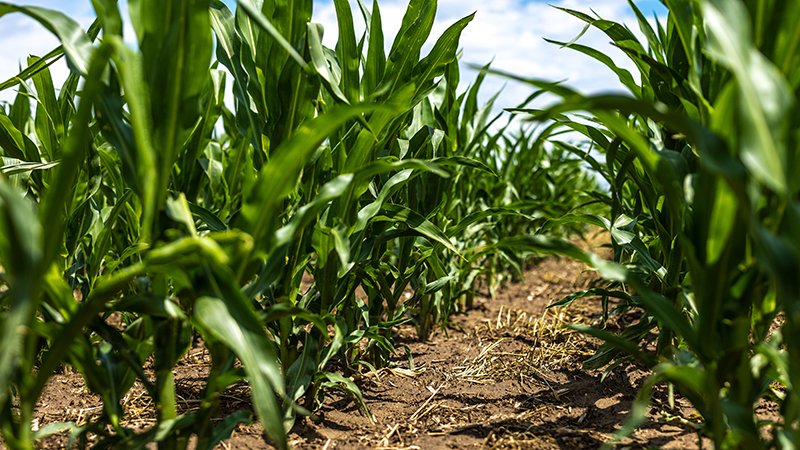MACA 2020: Plenty of ‘Storm Clouds’ in Ag’s Present
Chris Novak, President/CEO at CropLife America, conveyed a simple message to virtual attendees at the 2020 Mid America CropLife Association (MACA) annual meeting: Agriculture has work yet to do!
“This is a critical time for our industry,” said Novak. “There are lots of challenges ahead.”
Among these challenges, Novak cited several that are likely to play a role in the agriculture’s fortunes over the next five years. This included addressing questions about supply chain stability, ethanol policy, trade instability, the overall health of the livestock industry, and, of course, the lingering effects of the coronavirus pandemic.
In the present day, said Novak, all of these factors have put some extreme financial stress upon the nation’s growers. “Farm debt is back to levels we last saw in the 1980s,” he said. “The good news is that interest rates today are obviously lower, so the ability to repay this debt is greater. But we are still seeing a continued uptick in farm bankruptcies.”
In all, this adds up to some challenging times for the industry. “The bottom line on the bottom line?” he said. “There are a lot of storm clouds ahead for agriculture.”
For the pesticides segment of the business, Novak said the industry is facing what he calls a “coordinated attack” from various different sectors. This includes anti-industry activist groups, consumers, global influences, local/state/federal legislation, and numerous lawsuits. “Although these may all seem unrelated, I assure you that they are all part of the same coordinated strategy,” he said. “There are so many places these issues are arising, it’s like playing whack-a-mole at the carnival. You never quite know where the next attack is going to come from.”
In recent years, the two most critical of these attacking groups have been consumers and lawsuits, he added. According to Novak, consumer attitudes on pesticide use in agriculture – that it is “dangerous and unhealthy” – has quickly spilled over into the decision-making processes at both the food company and governmental levels, shaping many of the restrictions on usage now being implemented across the country.
And in many cases, these attitudes don’t line up with what the pesticides industry knows about its products and their use. “When we’ve conducted studies of consumer attitudes, we’ve found many of these views are based upon feelings, not facts,” said Novak. “Most think that regulations for pesticides are non-existent unless there’s a problem and no pesticide use would mean more innovation and better solutions to pest control would emerge.”
In terms of lawsuits, the pesticide industry’s track record in recent months has been extremely uneven, he pointed out. The results were one win (Enlist/2,4-D), one loss (dicamba), and one “to be determined” (glyphosate), he said. What this means for the status of products beyond today is anyone’s guess.
“I wish I could predict how the courts will behave towards these types of policy cases in the future,” said Novak. “But obviously, that’s going to vary from one circuit court to the next.”






